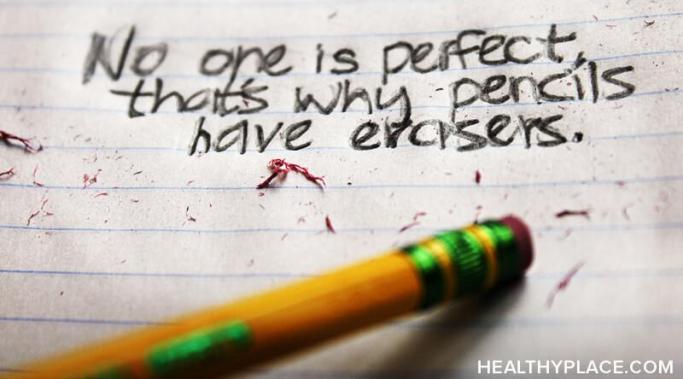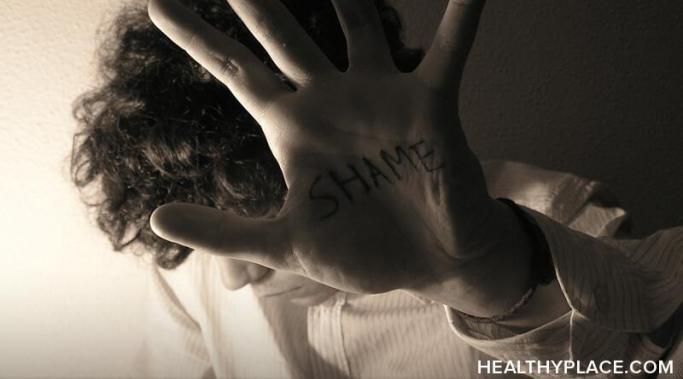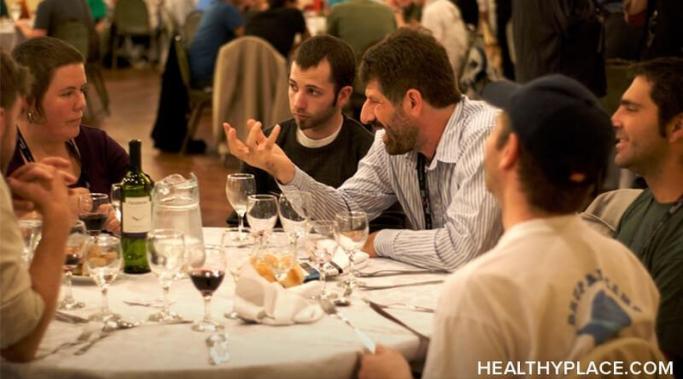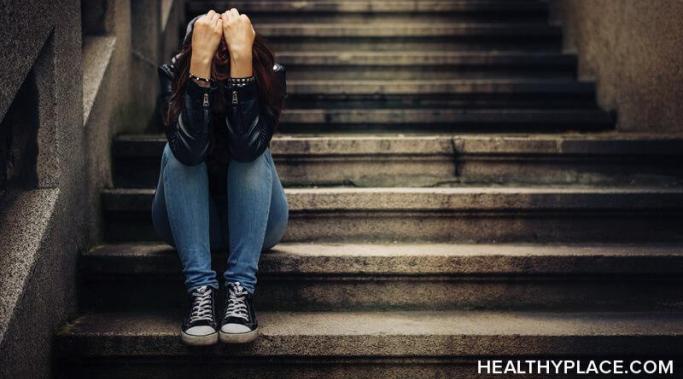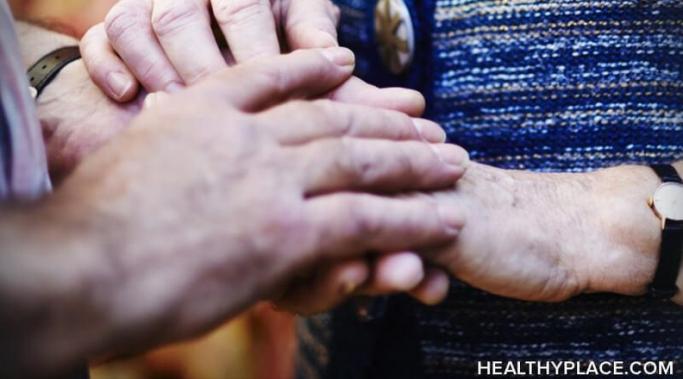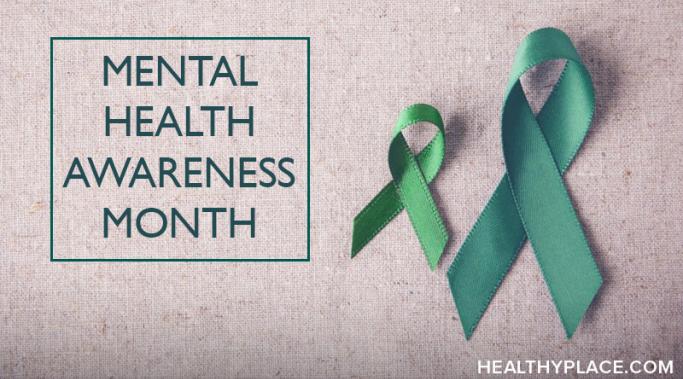I've never considered myself a perfectionist. My handwriting is messy, and my closet is cluttered. I can't cook or draw. I sing off-key, and I can't visualize. As a flawed human being, I accept imperfection. Why, then, does my anxiety spike, and I feel as though I am to blame when things go wrong or when I perceive myself as having disappointed others?
Anxiety Stigma
Late last summer, I went through weeks of acute panic and anxiety. I was very sick, and the mental and physical symptoms I endured were traumatic. I am in treatment to address those traumas, including the guilt and shame I felt from being sick and the residual guilt and shame I feel to this day.
I've never been good at talking about my mental health with others, even those who I've known for years. In the past, I didn't have enough self-knowledge to be able to talk about it with anyone in an adequate way. That time has long since passed, and yet I still hesitate to bring it up with anyone outside of my immediate family. I want to use the rest of this post to try and figure out why I find it hard to talk about my mental health with others.
I've suffered from anxiety since I was a child, although I didn't get diagnosed with an anxiety disorder until my late-30s. The often visceral symptoms of anxiety are hard enough for an adult to describe, let alone a child. The episodes I had as a child were scary, and while I tried to explain what was happening to my parents, they simply didn't know enough back then to help me. And so, I began to suffer my anxiety in silence.
Talking openly about anxiety, or any mental illness, is a relatively new concept. For many, it can be a terrifying notion. It wasn't that long ago that psychiatric illnesses were not only a blight on the individual but on the whole family, as well. This is finally changing.
I was in my late 30s when I was diagnosed with generalized anxiety disorder (GAD). As a child of the '60s born of immigrant parents who survived both the Great Depression and World War II—each of them with their own harrowing experiences—I was raised with a don't-complain-pull-up-your-bootstraps-and-get-on-with-it mentality. As such, I grew up feeling unworthy of my anxiety.
In this post, I want to discuss something that is assuredly a topic of contention for some: what role should someone with anxiety, or any other mental illness, have in educating others about the subject?
May is Mental Health Awareness Month, a month dedicated to highlighting mental health and mental health difficulties so that people understand how common it is to experience challenges and to provide a very realistic sense of hope. This message is crucial, for it reduces the unfortunate sense of shame and isolation that so many people feel when they suffer from anxiety or any other mental health challenge. In the spirit of Mental Health Awareness Month, here are some truths about anxiety.
Anxiety and being tired is common, and I’ve also noticed that anxiety can mess with your sleep patterns in weird ways. Sometimes, it’s impossible to get to sleep when you’re anxious – this makes sense, given that your mind is probably racing like crazy. But on the other hand, sometimes, if you’re anxious, you just can’t stay awake – this also makes sense because anxiety can make even the mundane seem overwhelming, and sleeping is a way to filter all that out. For me, there’s no telling when anxiety will cause me to be tired or lose sleep – recently, I’ve been going through a bout of always feeling tired, so I wanted to talk about that.
One of the most damaging misconceptions about mental illness, anxiety included, is that it’s somehow necessary to produce something creative. This could not be further from the truth – the reality is often the exact opposite. Anxiety can often be crippling to creativity, for reasons that are, when they are given even just a little thought, more than obvious.
